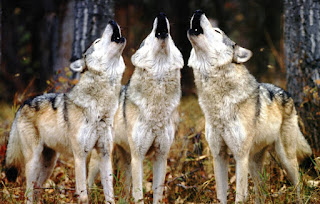Habituation - week 7
Back to instinctive responses for this week and a look at habituation. This is the process whereby an animal stops responding to a stimulus.
Imagine if you responded to every stimulus around you - you would be exhausted! Habituation means animal stop responding to stimuli that are not biologically relevant. For example, a turtle will draw it's head into the shell when it is tapped on the head. After a while, when it realises that it isn't in danger, it stops withdrawing into the shell. Abused animals will often cower when humans are near them if they have had a bad history. After time, when they realise that their new owners pose no threat, they stop doing this. Habituation is one of the concerns with captive animals and releasing them into the wild. If they are no longer scared of humans, they don't run when poachers are near.
Your task this week is to research habituation and then design a study based around your research.
Some things to include:
- What species your study will look at and why (scientific studies often have to justify every choice made)
- The method of your study
- A risk assessment
- An ethics consideration (how will you make your study ethical?)
Some potentially useful links:
http://ib.bioninja.com.au/options/option-a-neurobiology-and/a4-innate-and-learned-behav/habituation.html
http://examples.yourdictionary.com/examples-of-habituation.html




